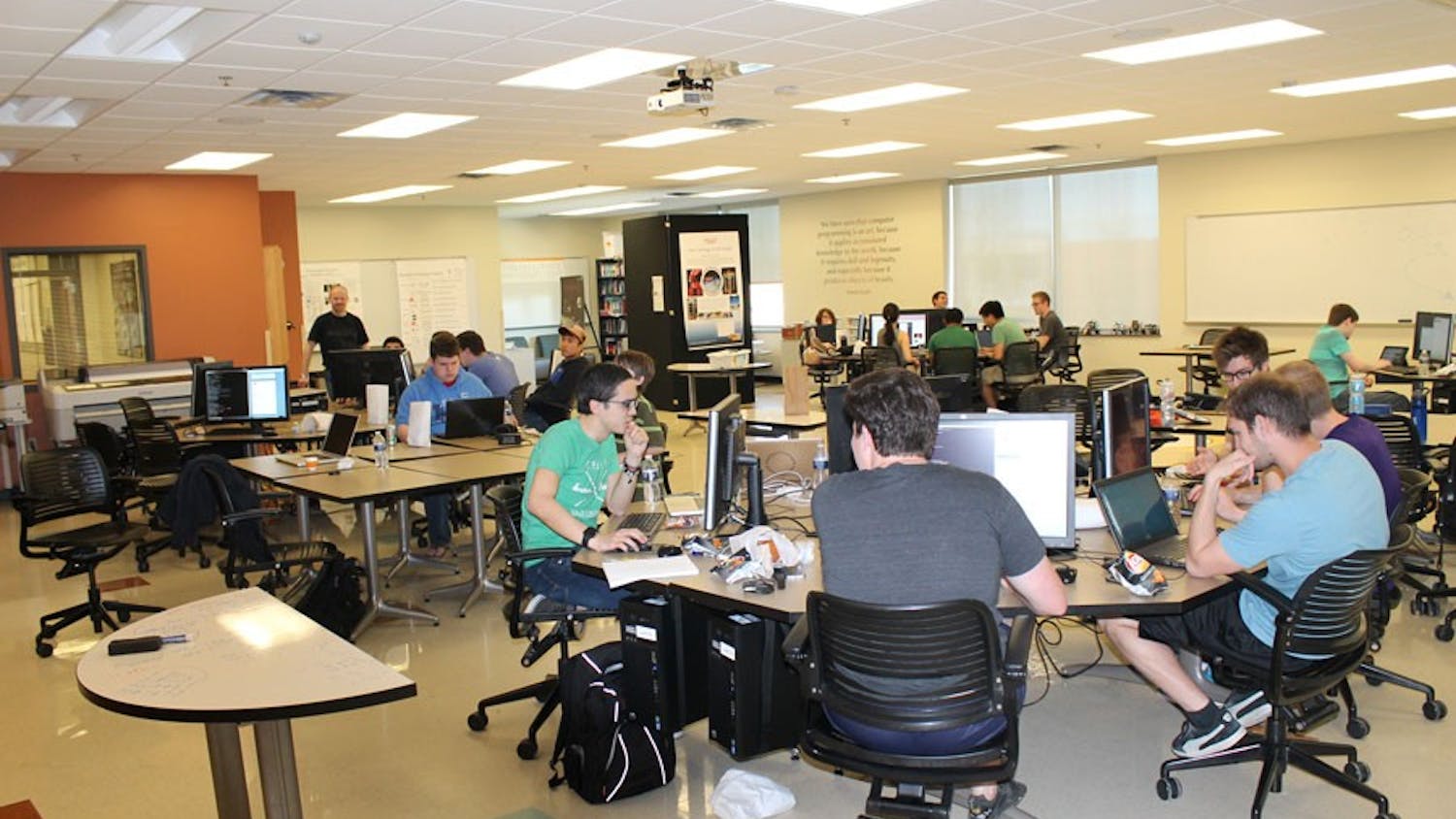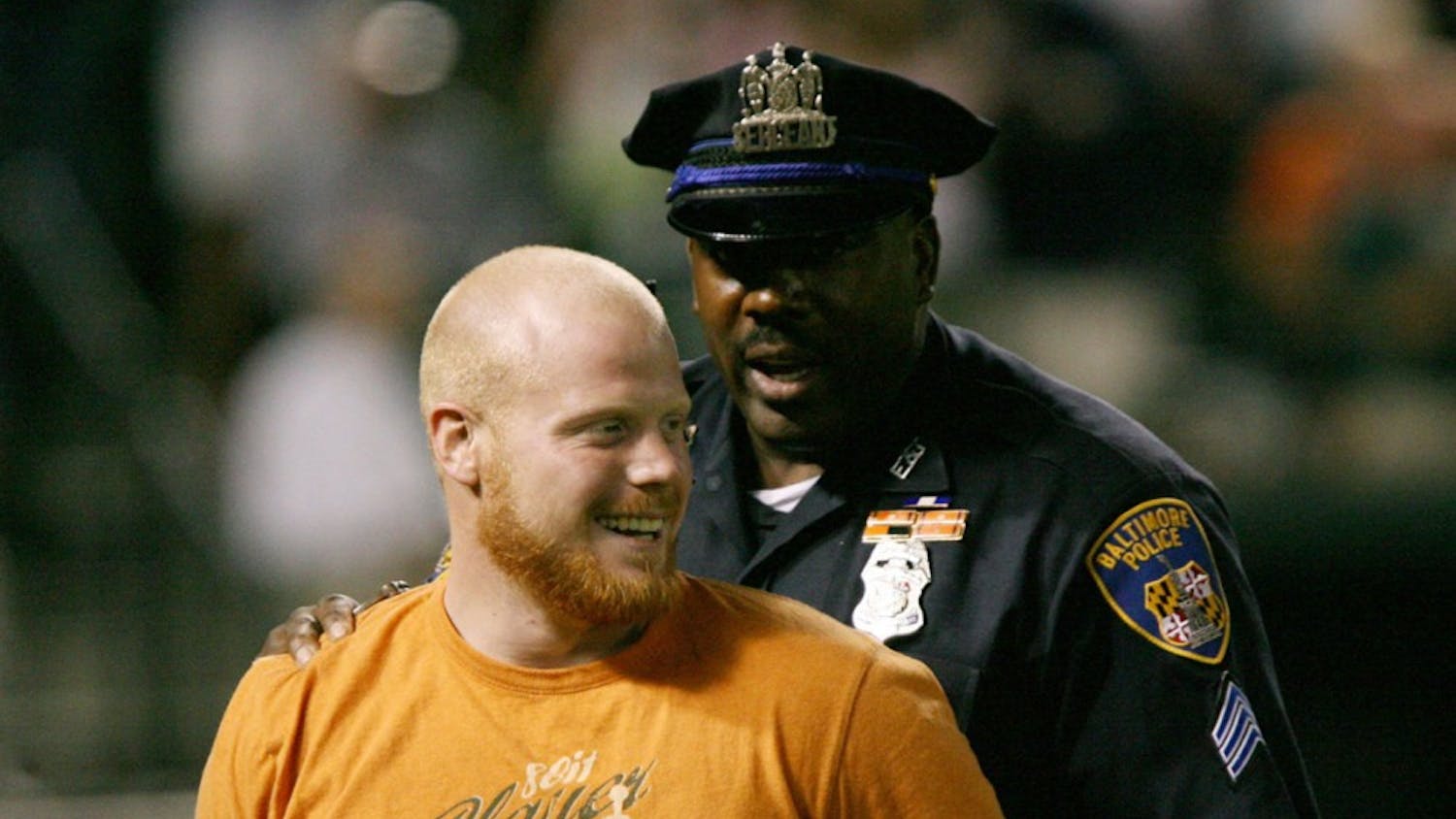Technology helps find stolen vehicles, but could allow police to track law-abiding citizens
By Kyle Carruthers, Staff Writer/Copy EditorPaying someone to stand on the side of a highway 24/7 and snap a photograph of every car that passed would be impractical. Hiring an army of such people would be unthinkable.
But with technology, the unthinkable can turn into the highly possible. There is a recently rise in the use of license plate reader (LPR) technology among police across the nation, and along with that increase has come controversy, reported Ars Technica. "ALPR (Automatic License Plate Reader) systems can read up to 1,800 license plates every minute, creating the possibility of capturing the location of millions of automobiles - and their drivers - every year," said the American Civil Liberties Union, whom CNET reported sued the U.S government for information about how the readers were being used. According to Ars Technica, LPRs can be placed on police cars, on poles or under bridges. The readers can identify 60 license plates per second, collecting millions of records across the country on a daily basis. The technology is used by police to hunt for "hot" vehicles. "Hot" plates include cars reported stolen, but can also include license plates of to registered sex offenders or felons. And the system has proven effective, according to Ars Technica. The number of stolen cars in New York City dropped by 40 percent after LPRs were introduced in 2005. Federal grants and lowered prices have contributed to the increased use of the technology. Similar drops have been recorded in other states, and at least 47 states share license plate tracking information with the FBI. But the system is not perfect. Readers cannot distinguish plates that are out of state. This sometimes results in innocent civilians being pulled over. Some victims have attempted to sue, but the court ruled in favor of the police. Yet, there is concern over how this information is being used. The information can be retained for any period of time, meaning that it can be used to track the long- or short-term auto movements of practically any car in the U.S. that operates near or in a major city. In Minnesota, the data gathered is open to be accessed by anyone, according to Ars Technica. Police in the state are attempting to get the state to restrict access to prevent the system from being misused in cases of stalking and domestic violence. "Law enforcement needs to be careful," said Taylor's Deputy Chief of Police Tim Enyeart. "A person is entitled to a certain amount of privacy." Enyeart stated that the technology is useful, but that there is no value in keeping data longer than required for police to apprehend stolen vehicles. In a 2003 court case regarding the use of license plate readers, the appellate court decided "a motorist has no reasonable expectation of privacy in the information contained on his license plate under the Fourth Amendment." However, as the technology becomes more prevalent, more questions are being asked about whether privacy is infringed when public information is compiled and organized by a normally unavailable technology.




